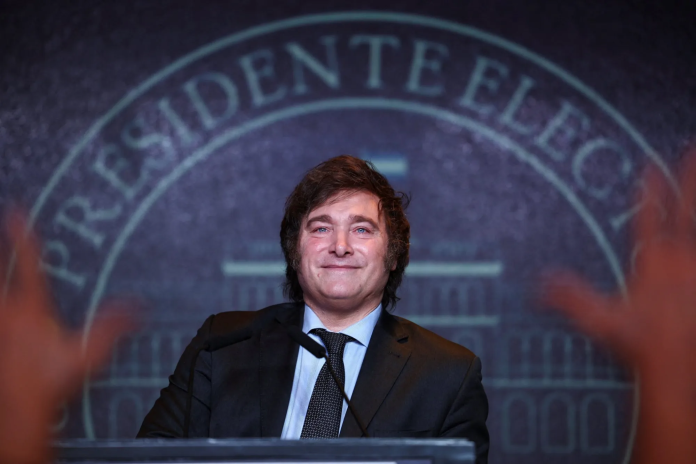Argentine President Javier Milei encounters his inaugural electoral challenge in the upcoming local election for Buenos Aires province on 7 September. The result stands to significantly influence the path of his radical economic reforms preceding October’s critical midterm elections.
Buenos Aires province, representing 40% of the national electorate, has historically been a Peronist stronghold. Recent polling indicates a fiercely competitive race. An August survey by consulting firm Analogias shows the Peronist faction, Fuerza Patria, leading with 36.9% support, narrowly ahead of Milei’s La Libertad Avanza party at 32.3%.
The libertarian leader’s ruthless austerity programme has successfully curbed runaway inflation. According to Reuters, annual inflation rates are anticipated to fall below 30% this year, a substantial decrease from previous triple-digit figures.
This progress has garnered praise from the IMF, which sanctioned a $20 billion bailout package in April and approved the first review under the Extended Fund Facility (EFF) in late July. However, these actions occur amidst ongoing concerns regarding Argentina’s critically low foreign currency reserves.
Despite the macroeconomic gains, Milei’s drastic public spending cuts have provoked widespread discontent. Retirees, teachers, and doctors have staged protests, generating mounting social tensions. Demonstrations escalated last week, with over 50 universities taking to the streets.
The president’s strategy for sustaining his unorthodox economic experiment relies heavily on electoral victories. Success is deemed essential to bolster investor confidence and prevent the opposition-dominated Congress from enacting legislation that could weaken fiscal discipline.
Recent polling by D’Alessio IROL/Berensztein underscores growing political headwinds, revealing Milei’s approval rating has dropped to 43% from 46%, while disapproval has climbed to 55%.
The Buenos Aires election serves as a crucial barometer for Milei’s political future and reform agenda. A poor performance could energise opposition forces, which are rapidly reorganising following the sentencing of Peronist former president Cristina Fernandez de Kirchner.
